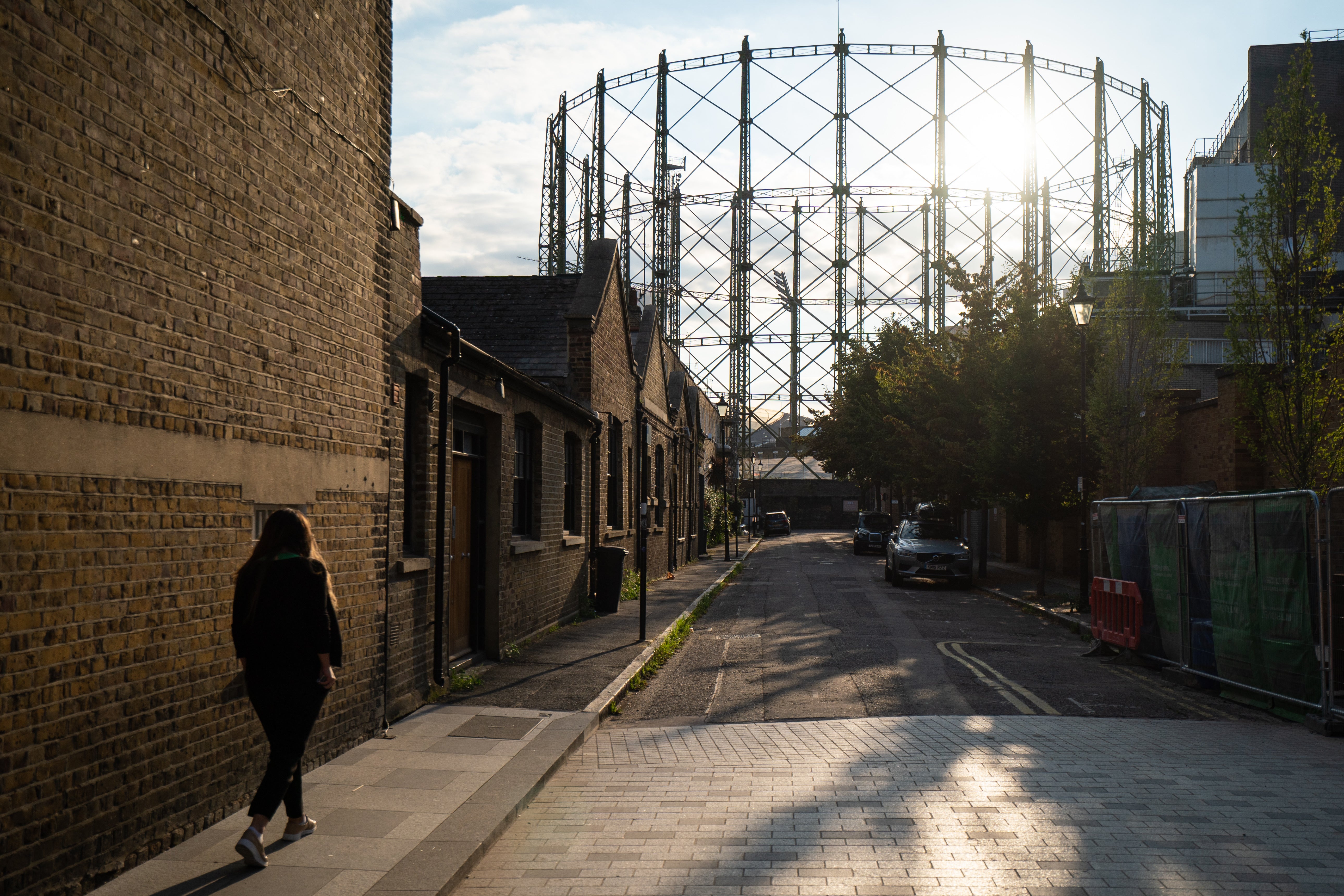Glass company predicts energy costs could rise to £100m
Encirc has seen ‘huge increases’ to its gas and electric costs as a result of the energy price rise.

Your support helps us to tell the story
From reproductive rights to climate change to Big Tech, The Independent is on the ground when the story is developing. Whether it's investigating the financials of Elon Musk's pro-Trump PAC or producing our latest documentary, 'The A Word', which shines a light on the American women fighting for reproductive rights, we know how important it is to parse out the facts from the messaging.
At such a critical moment in US history, we need reporters on the ground. Your donation allows us to keep sending journalists to speak to both sides of the story.
The Independent is trusted by Americans across the entire political spectrum. And unlike many other quality news outlets, we choose not to lock Americans out of our reporting and analysis with paywalls. We believe quality journalism should be available to everyone, paid for by those who can afford it.
Your support makes all the difference.One of Europe’s largest glass plants has predicted its energy costs could rocket by £60 million per year as a result of rising costs.
Adrian Curry, managing director at Encirc, which has a base in Cheshire said the firm has seen “huge increases” to its natural gas and electricity costs. This forces it to pass on the increases to brand owners, retail outlets and consumers.
He told BBC Radio 4’s Today programme: “The problem we have is that there seems to be no cap to it and it’s continuing to rise on an almost weekly basis.
We would normally spend about £40 million a year in energy. If we look forward today we're seeing increases that mean we could be spending up to £100 million on a like-for-like basis
“Generally we will have contracts for 12 months at a time, so we’re having to look at what contracts are offering… how we can pass these price increases on and how can we can protect our business in that regard.
“Our businesses is not at risk, per se, but our profitability is being hit hard.”
Questioned about how much the company’s energy bills have gone up by, he said: “We would normally spend about £40 million a year in energy. If we look forward today we’re seeing increases that mean we could be spending up to £100 million on a like-for-like basis.”
He added he was not asking for a bailout but was outlining what he was seeing across the glass sector and other sectors.
“I think without an intervention of some sort I can see a situation where it’s going to be extremely difficult for a lot of companies and it’s going to really affect supply chains going forward,” he added.
When the wind doesn’t blow, gas is required as a backup. In the UK, we actually have greater dependency on gas as a backup than other countries
Stephen Elliott, chief executive of the Chemical Industries Association, said the suggestion to move the green levy from electricity to gas would “not be a helpful intervention right now”.
He told the programme: “When the wind doesn’t blow, gas is required as a backup. In the UK, we actually have greater dependency on gas as a backup than other countries.
“There’s a very short-term requirement to solve this issue to get us through the winter and a bit beyond, and then a discussion around shifting costs right in the middle of that is, we believe, not helpful.”
He added that the talk of the Government supporting the industry with a £2 billion cash injection was actually a “historic compensating measure” as a result of a move towards renewables.
“We’re not looking for a bailout, we think there are some very practical things we can do and that includes addressing some of the network costs and working with Beis and Ofgem ” he said.